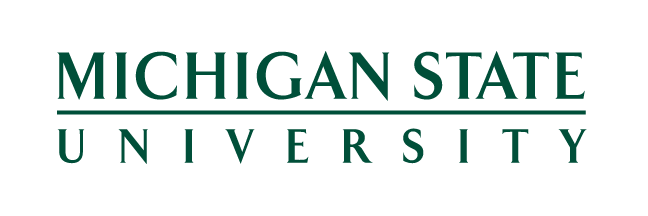
Joshua Cowen
Michigan State University, EPIC
Katharine Strunk
Michigan State University, EPIC
Jared Robinson
Michigan State University, EPIC
Eric Brunner
University of Connecticut
Steve Drake
Michigan State University
A Policy Brief from EPIC
Teacher Reforms and Teacher Attrition in Michigan
June 2018
This policy brief from EPIC examines the impact of Michigan teacher reforms on teacher exits (also known as attrition) from the profession. Teacher attrition is one important component of the teacher labor market and can be influenced by a variety of factors. Although moderate teacher attrition is common, elevated exit rates can be both causes and symptoms of larger problems within a school system (Ingersoll, 2001). Teacher attrition in Michigan is especially topical, given the recent attention it has been given both in the news media and in policy. The brief includes a discussion of some potential causes of changes in attrition rates, with a deep dive into one candidate cause: the 2011 labor market reforms in Michigan.
This brief uses data from the Michigan Department of Education (MDE) and Center for Educational Performance and Information (CEPI) to examine changes in teacher attrition rates in Michigan from 2005-2015.
KEY FINDINGS INCLUDE:
- Teacher attrition rates, which were relatively stable before 2010, began increasing substantially in 2011, with an increase of about 1 percentage point per year.
- The overall increases in teacher attrition beginning in 2011 are not attributable to Michigan’s reforms to teacher evaluation and collective bargaining.
- Teacher attrition increased in districts with higher student poverty rates, lower student performance, and more high school dropouts. For these groups, the increase in attrition appears to have been caused by labor market reforms, especially among early-career teachers.
- Teachers with specialized degrees in STEM or from selective universities showed no significant change in patterns of exit from the profession attributable to Michigan’s labor market reforms.



